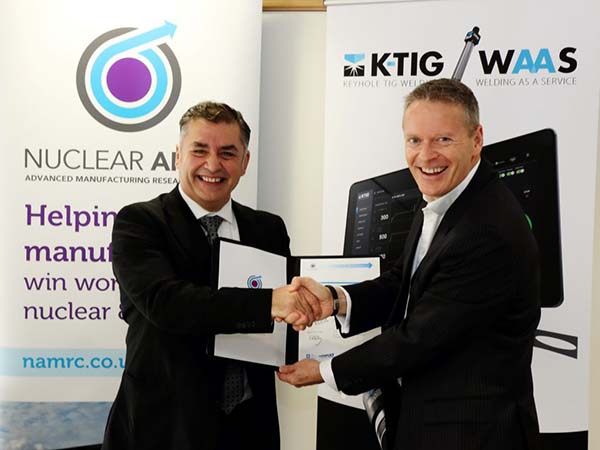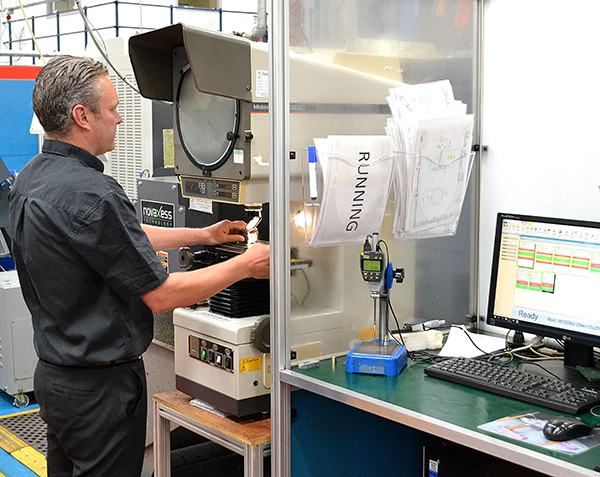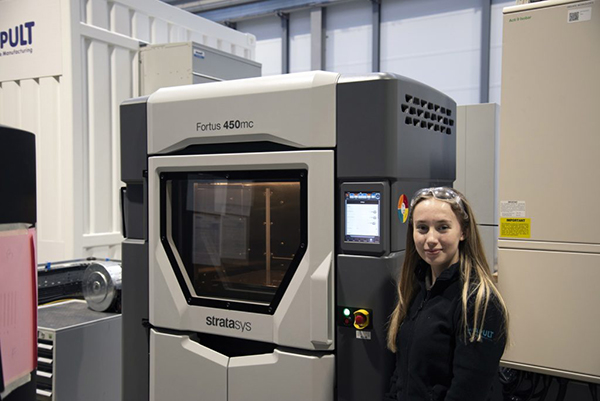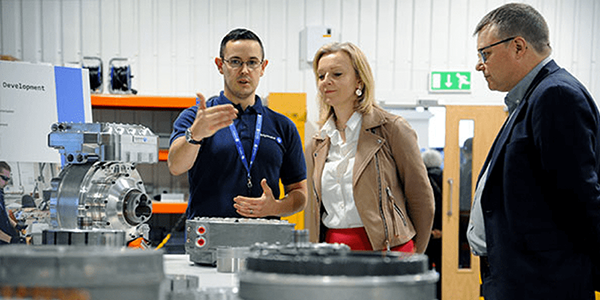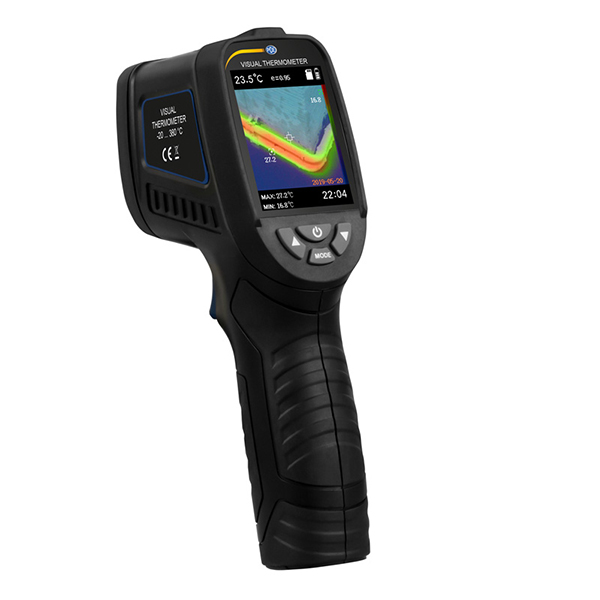With the launch of the PCE-TC 24 infrared thermometer, PCE Instruments is introducing an interesting maintenance tool on to the market that measures temperatures within a range of -20 to 380°C. The temperatures are displayed as real images with a resolution of 240 x 320 pixels and IR images (infrared images) with a resolution of 33 x 33 pixels. In addition, the presence of a backlit LCD supports measurements in dark environments.

Non-contact infrared thermometers enable users to detect thermal bridges or hot parts, for example, which allows them to discover thermal problems in electrical systems, to locate mechanical failures, and thus to arrange the necessary maintenance work and save energy.
The thermal imager continuously measures the maximum and minimum temperatures of the object and shows their exact locations. Emissivity (value that defines how easily a material or an object exchanges thermal radiation with its environment) can be set in the menu of the PCE-TC 24 to a value within the range of 0.1 to 1. Additionally, the integrated memory function allows documentation and archiving. BMP files can then be read out via microSD card or USB.
An IR thermometer quickly shows results, and errors caused by a lack of thermal contact can be ruled out. Another advantage infrared thermometers have over common thermometers is that moving objects can be measured. The light weight of only 295 g, the compact dimensions of 195 x 100 x 55 mm and the included belt bag, make the meter very easy to carry.
For further information www.pce-instruments.com







